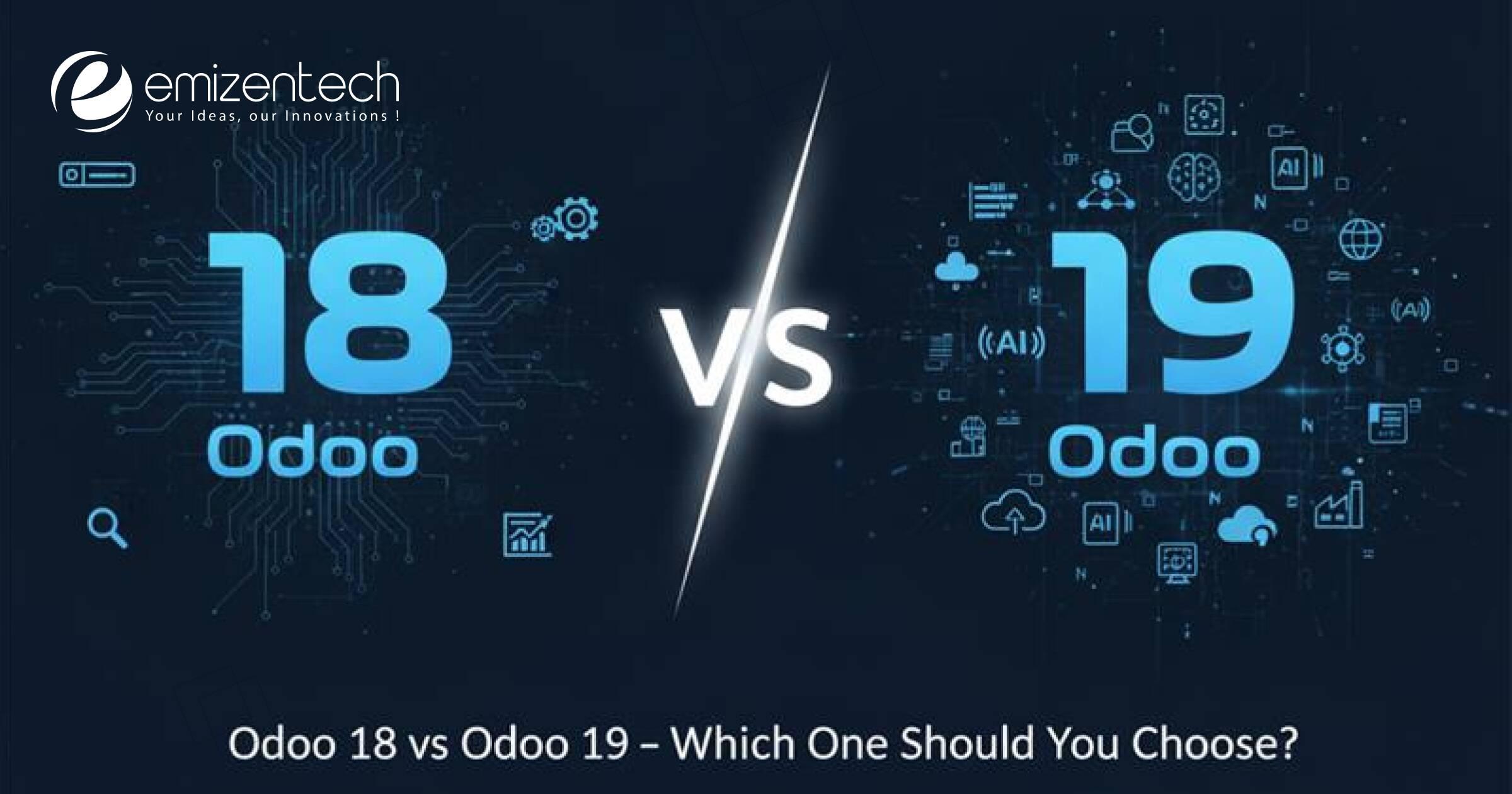How Employers View Digital Credentials: Insights and trends on Modern Hiring
Stay ahead in your job search by understanding how digital credentials are revolutionizing hiring. Discover what employers really think about online certificates, badges, and micro-credentials in 2024.
Introduction: The Rise of Digital Credentials in Modern Hiring
Over the past decade, digital credentials have transformed from a niche concept to a mainstream component of professional development and hiring. From digital badges to verified certificates and blockchain-backed diplomas, technology has made it easier than ever for job seekers to showcase their skills — and for employers to evaluate them. As the competition for top talent intensifies,digital credentials are taking center stage in recruitment strategies worldwide.
What Are Digital Credentials?
Digital credentials use secure, online verification to validate professional skills, education, and achievements. Unlike customary paper certificates, digital badges and e-certificates can be instantly shared, tracked, and authenticated online. Some common forms of digital credentials include:
- Digital Badges: Awarded for completing specific skills-based tasks or learning modules, typically through platforms like Credly or LinkedIn.
- Micro-credentials: Short, focused qualifications that demonstrate expertise in niche topics.
- Online Certificates: Issued by accredited institutions or recognized online education platforms such as Coursera, Udemy, or edX.
- Blockchain Diplomas: Tamper-proof and easily verifiable, these use blockchain technology to secure academic or professional achievements.
How Employers View Digital Credentials in 2024
Companies are increasingly integrating digital credentials into their modern hiring practices. According to recent studies, over 70% of HR managers and recruiters now consider digital credentials when shortlisting candidates.
Hear’s how employers perceive them:
- Validation of Skills: Employers appreciate credentials from reputable sources as proof of tangible skills and up-to-date knowledge.
- Speed and Accuracy: Digital verification saves time in background checks,reducing hiring friction.
- Adaptability: Candidates with fresh, industry-relevant micro-credentials are seen as adaptable and proactive learners.
- Commitment to Lifelong Learning: Digital badges show a candidate’s dedication to continuing education and professional growth.
- Global Recognition: Easily shareable credentials are especially valuable in remote and international hires.
Current Trends Shaping the Future of digital credentials
- growing Adoption by Corporations: Major organizations like IBM, Google, and Microsoft are partnering with educational platforms to offer company-endorsed badges and certifications.
- Integration with Applicant Tracking Systems (ATS): Modern ATSs now parse and display digital credentials, making them more visible to hiring managers.
- Emphasis on Skills-Based Hiring: Many employers are prioritizing practical skills and related micro-credentials over traditional four-year degrees.
- Blockchain Technology: Enables secure verification and prevents credential fraud, giving employers greater confidence in candidates’ abilities.
- Soft Skill Credentials: Increasing value is being placed on badges that demonstrate soft skills like communication, leadership, and problem-solving.
Case Studies: Digital Credentials in Action
IBM’s Digital Badges Program
IBM’s digital badge program is a leader in the field, with over 3 million badges issued globally.The company notes a marked increase in promotion and internal mobility rates for employees who complete badge programs.
Google Career Certificates
Google’s suite of career certificates, available on Coursera, has been recognized by more than 150 employers. Internal data shows that job seekers with these digital credentials land interviews 75% more frequently enough than those without.
First-Hand Experience: Employer Viewpoint
“When I see a candidate with digital credentials from reputable platforms, it signals a commitment to learning and up-to-date knowledge. We’ve hired several team members who initially caught our attention because of their badges and certificates.”
— sarah L., Talent Acquisition Lead, SaaS Company
Benefits of Digital Credentials for Job Seekers
- faster Visibility: Instantly shareable credentials can be displayed on LinkedIn or digital portfolios, increasing exposure to recruiters.
- Greater Versatility: Micro-credentials allow professionals to upskill or pivot careers without committing to long-term degrees.
- Competitive Edge: Earning digital badges for the latest technologies or tools help candidates stand out in crowded fields.
- Enhanced Credibility: Verifiable credentials from top institutions instill trust in hiring managers.
- Portable and Persistent: Digital credentials move with you from job to job, country to country, building a lifelong record of achievement.
Practical Tips: How to Make Digital Credentials Work for You
- Choose Recognized Platforms: Select courses and badges from reputable institutions or industry-leading companies.
- Showcase Credentials: Add them to your LinkedIn profile, resume, email signature, and personal website.
- Keep Credentials Updated: Refresh your learning regularly to show ongoing development and knowledge of current tools or standards.
- Highlight Relevant Skills: Tailor the credentials you display based on the specific roles or industries you’re targeting.
- Leverage Endorsements: Whenever possible, ask past supervisors or course instructors for endorsements related to completed badges.
- Prepare to Discuss Your Credentials: Be ready in interviews to discuss your learning process, key takeaways, and how you’ve applied your new skills.
Challenges and Considerations
While the advantages of digital credentials are clear, some challenges remain:
- Lack of Standardization: With so many platforms issuing badges, quality varies. Employers may be wary of unfamiliar issuers.
- Recognition Gap: Not all hiring managers are aware of the value of digital credentials—especially in traditional industries.
- Credential Overload: Too many minor badges can dilute your profile.Focus on credentials most relevant and meaningful to your goals.
Tip: Research which platforms and badges are respected within your industry before investing time and resources.
Conclusion: Embracing the Future of Digital Credentials
Digital credentials are transforming the way employers hire and how professionals build their careers.as the job market becomes more competitive and technology-driven, showcasing validated, relevant skills is more important than ever.
For job seekers, embracing digital credentials can open doors to global opportunities and continued career mobility. For employers, these credentials provide a streamlined, reliable method for verifying skills and fostering continuous learning. By understanding the latest insights and trends on modern hiring, both candidates and companies can better navigate the evolving world of work.
Ultimately, investing in reputable, industry-aligned digital credentials is no longer just an option—it’s a must for staying competitive in today’s dynamic job market.

